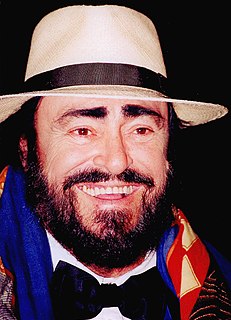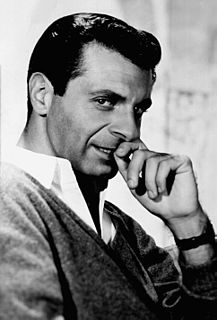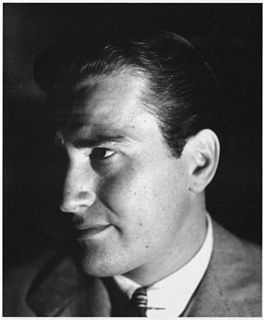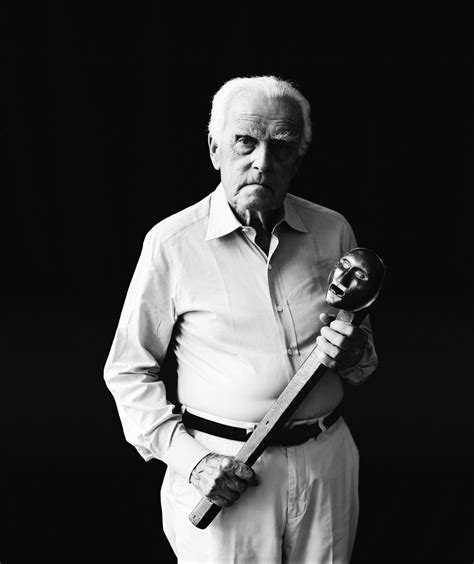A Quote by Alan Moore
If the audience knew what they wanted then they wouldn't be the audience, they would be the artist.
Related Quotes
If you address yourself to an audience, you accept at the outset the basic premises that unite the audience. You put on the audience, repeating cliches familiar to it. But artists don't address themselves to audiences; they create audiences. The artist talks to himself out loud. If what he has to say is significant, others hear & are affected.
What I find interesting is this ricochet effect, that the audience perceives the work and then does something with it, throws it back to the world, and there's an ongoing interaction between work and audience, which doesn't belong to the artist anymore - from the moment you release it, it doesn't belong to anybody.
When I was younger, I wanted to own a circus and create this bizarre revue that went from town to town. And, I was interested in set design and doing theater. And then, I was painting for a while. It was all circling around creating an intense experience for an audience of one, or an audience of many.




































